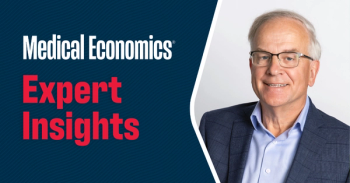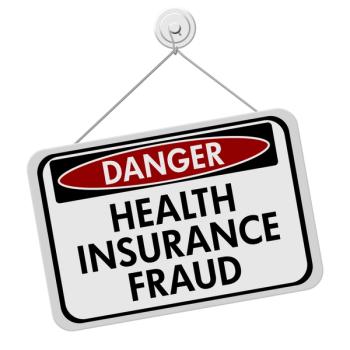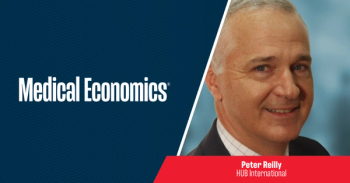
Get informed consent for risky drugs
To protect yourself, be sure to meet your informed consent responsibilities.
Key Points
Media coverage of the medication litigation of recent years (think Fen-Phen, Vioxx, and Celebrex) attests to the liability associated with prescribed medications. While the big pharmaceutical companies may be the main targets of this litigation, doctors are being sued as well, sometimes as co-defendants.
To protect yourself, be sure to meet your informed consent responsibilities. Informed consent is the conversation that you have with your patient about recommended procedures and pharmaceuticals. Historically, consent derives from the theory of assault and battery, which focuses on unconsented-to touching. That's why informed consent has long been associated with surgery.
The laws regarding informed consent are evolving, though, and physicians are increasingly expected to have informed consent conversations with patients about any recommended treatments that carry material risks. These include certain office procedures, especially invasive ones such as sigmoidoscopy and endoscopy. Informed consent requirements may also apply to medications you prescribe if they have significant risks or side effects.
In approving a drug for over-the-counter sale, the FDA is implying that the average consumer can understand the drug's risks. Prescription drugs, however, typically carry greater risk than the average patient is expected to understand. As such, the FDA relies on clinicians to evaluate and explain those risks.
Your informed consent responsibilities-and potential liability-are greatest when you prescribe:
Informed refusal means that a competent adult patient, after getting a rundown of risks and benefits, has the right to decline treatments. If, for instance, you recommend that a patient take a cardiac medication and she refuses because she doesn't want to endure the side effects, her decision prevails. Be sure to document the negative response; that note will be essential to protect you if the patient's cardiac condition worsens.
Indeed, good documentation is key. Write a progress note showing that you described the risks and benefits of-and alternatives to-the proposed medication. Indicate, too, that you told the patient about the possible results of not taking the medication. The cost of the drug should also be part of the consent conversation.
You can augment the information you provide with patient-friendly handouts describing benefits and side effects, and germane websites that may prove helpful-and document that you gave the patient this information.
If you're prescribing a high-risk medication, such as diazepam or hydrocodone, it's a good idea to do what you'd do with any other high-risk treatment: Ask the patient to sign a consent form. It could be your best defense against a lawsuit.
The author, who can be contacted at
, is a healthcare attorney in Mt. Kisco, NY, specializing in risk management issues.
This department deals with questions on common professional liability issues. We cannot, however, offer specific legal advice. If you have a general question or a topic you'd like to see covered here, please send it to Malpractice Consult, Medical Economics, 123 Tice Blvd., Woodcliff Lake, NJ 07677-7664. You may also fax your question to us at 201-690-5420 or e-mail it to
.
Newsletter
Stay informed and empowered with Medical Economics enewsletter, delivering expert insights, financial strategies, practice management tips and technology trends — tailored for today’s physicians.






